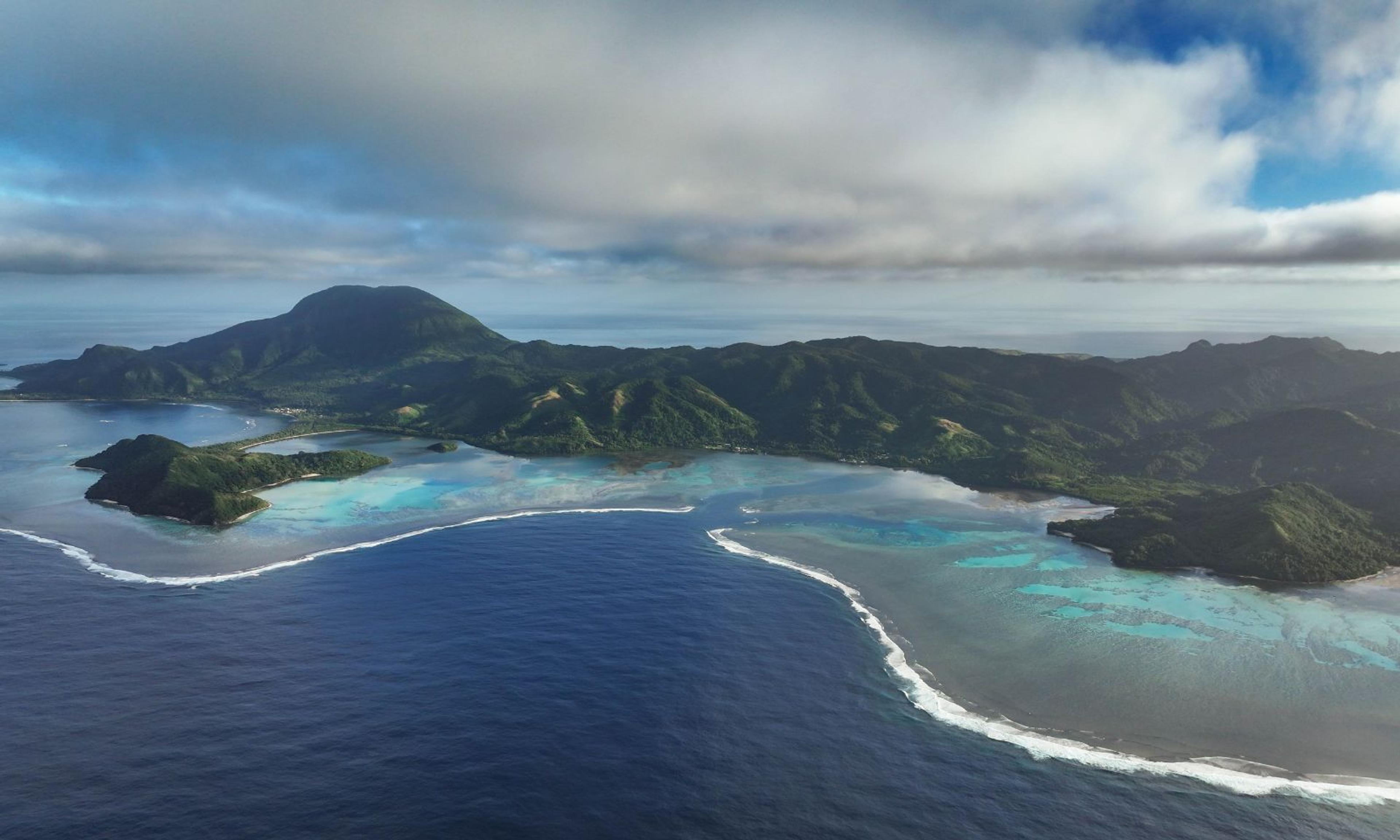

The research was funded by the Health Research Council of New Zealand.
Photo/Supplied
Helping children understand their bodies and relationships in a positive way
Dr Analosa Veukiso-Ulugia is leading research that aims to break taboos, support parents and educators, and empower children with knowledge for their safety and wellbeing.


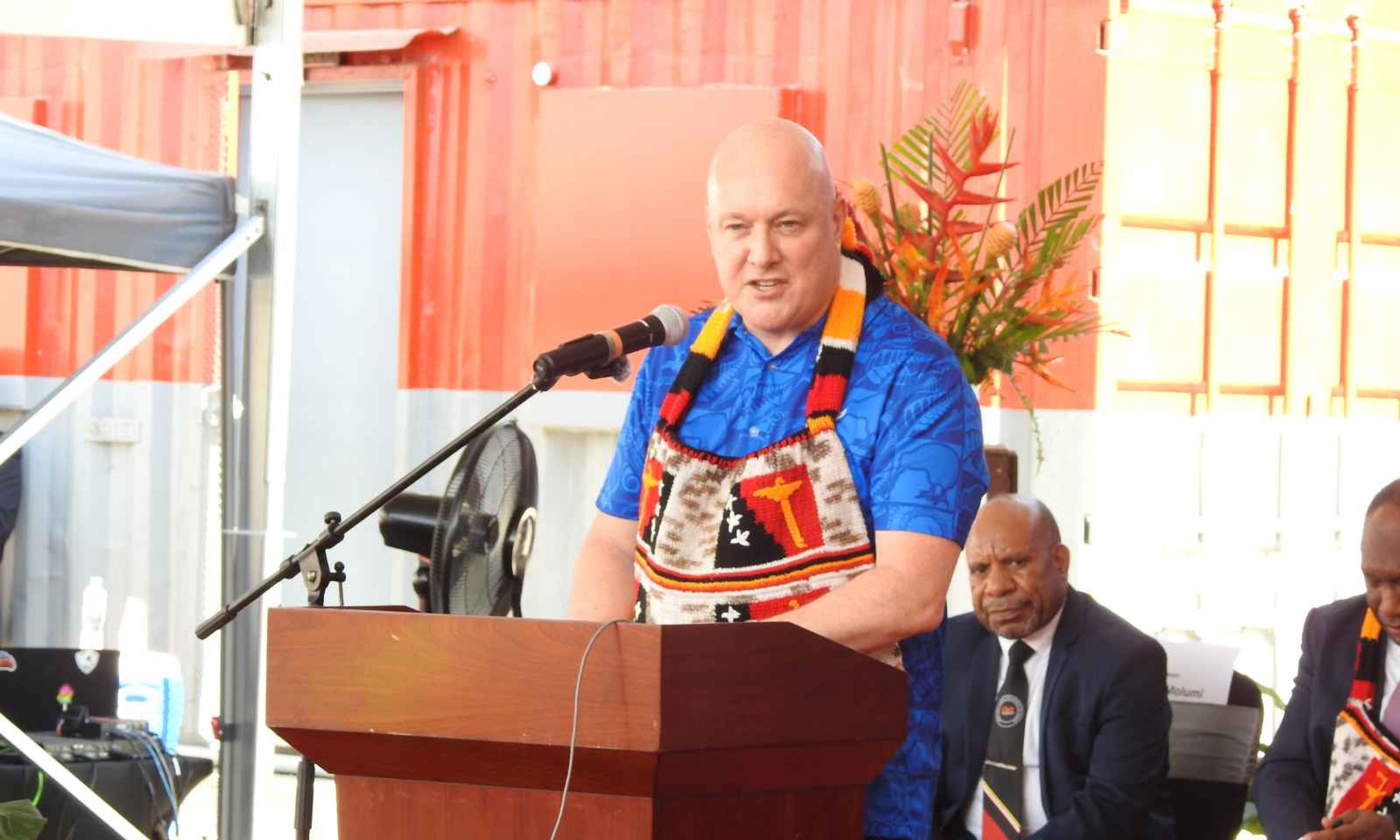

‘There is a pathway for us South Auckland girls’: The story of Sharne Pupuke-Robati
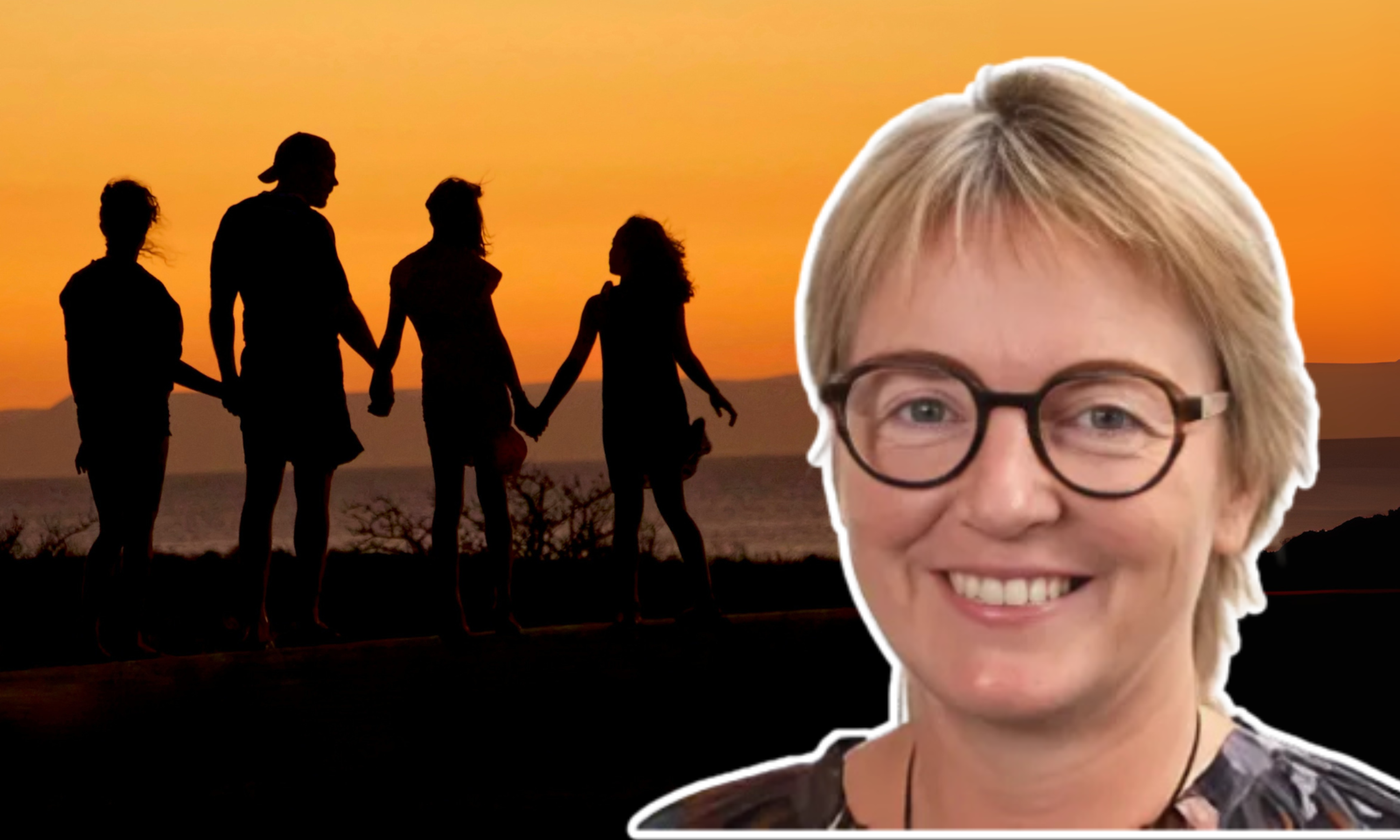


Sharks, clams, turtles and classrooms: Inside the latest Pristine Seas ocean mission in Fiji


‘There is a pathway for us South Auckland girls’: The story of Sharne Pupuke-Robati

A new research project addresses the issue of child sexual abuse within Pacific communities.
The Nesian Narratives Study, headed by Dr Analosa Veukiso-Ulugia, seeks to empower Pacific families and educators by providing culturally grounded resources and support.
These tools help protect children and encourage open conversations about safety, relationships, and self-awareness.
As a Pacific researcher and former social worker, Veukiso-Ulugia has extensive experience in care and protection services, particularly with Pacific families.
During an interview on Pacific Mornings, she said, “What we saw working with our young people is that while they were curious about relationships and sexuality, it was difficult for them to have these conversations at home.
“This study aims to bridge that gap and support parents and educators to guide these conversations with cultural sensitivity and care.”
A holistic and collaborative approach
Funded by the Health Research Council of New Zealand, the Nesian Narratives Study is divided into three phases.
The first phase engaged over 60 participants, including Pacific parents, educators, and health promoters, through talanoa sessions, a traditional Pacific method of open, respectful dialogue.
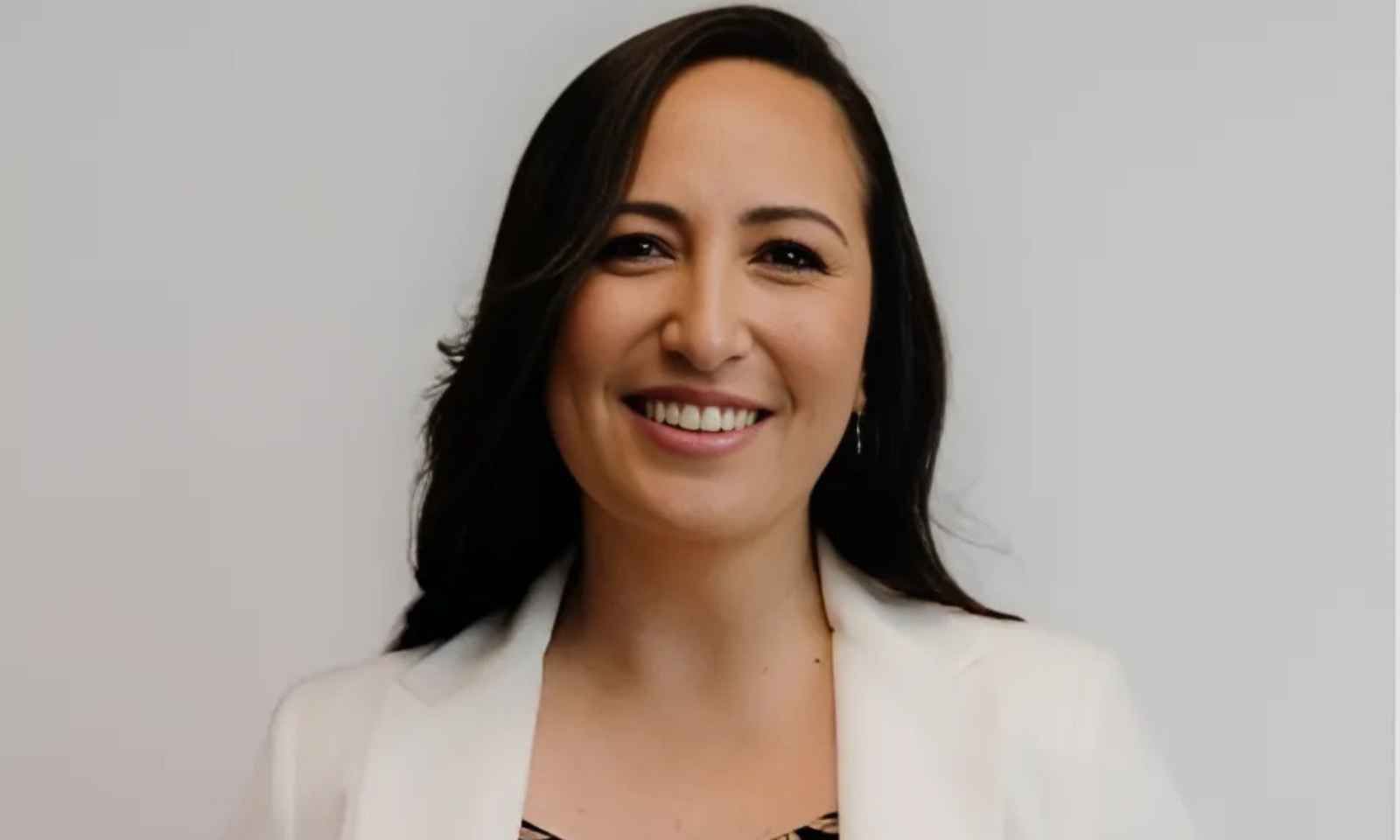
Analosa draws on over 15 years of clinical, community, research and management experience.Photo/Analosa Veukiso-Ulugia LinkedIn
These sessions uncovered common challenges, such as the difficulty of addressing taboo subjects and the lack of culturally relevant resources.
Veukiso-Ulugia emphasised the importance of these safe, inclusive conversations.
“When fathers were given the space to talk amongst themselves, they realised how important this topic is.
“It’s about creating a journey together, even if it’s uncomfortable because we all want our children to thrive and grow confidently.”
Building resources for early education
The study’s second phase focuses on developing a culturally affirming resource toolkit for early childhood educators.
These tools will complement existing programmes like Keeping Ourselves Safe but will specifically cater to Pacific children aged 5-6 years.
“This isn’t about teaching inappropriate material; it’s about helping children understand their bodies and relationships in a positive way,” Veukiso-Ulugia said.
“It’s also about helping parents see their children as gifts and supporting them in that role.”
The toolkit, co-designed with Pacific educators and communities, includes lesson plans and activities that reflect Pacific values and cultural nuances.
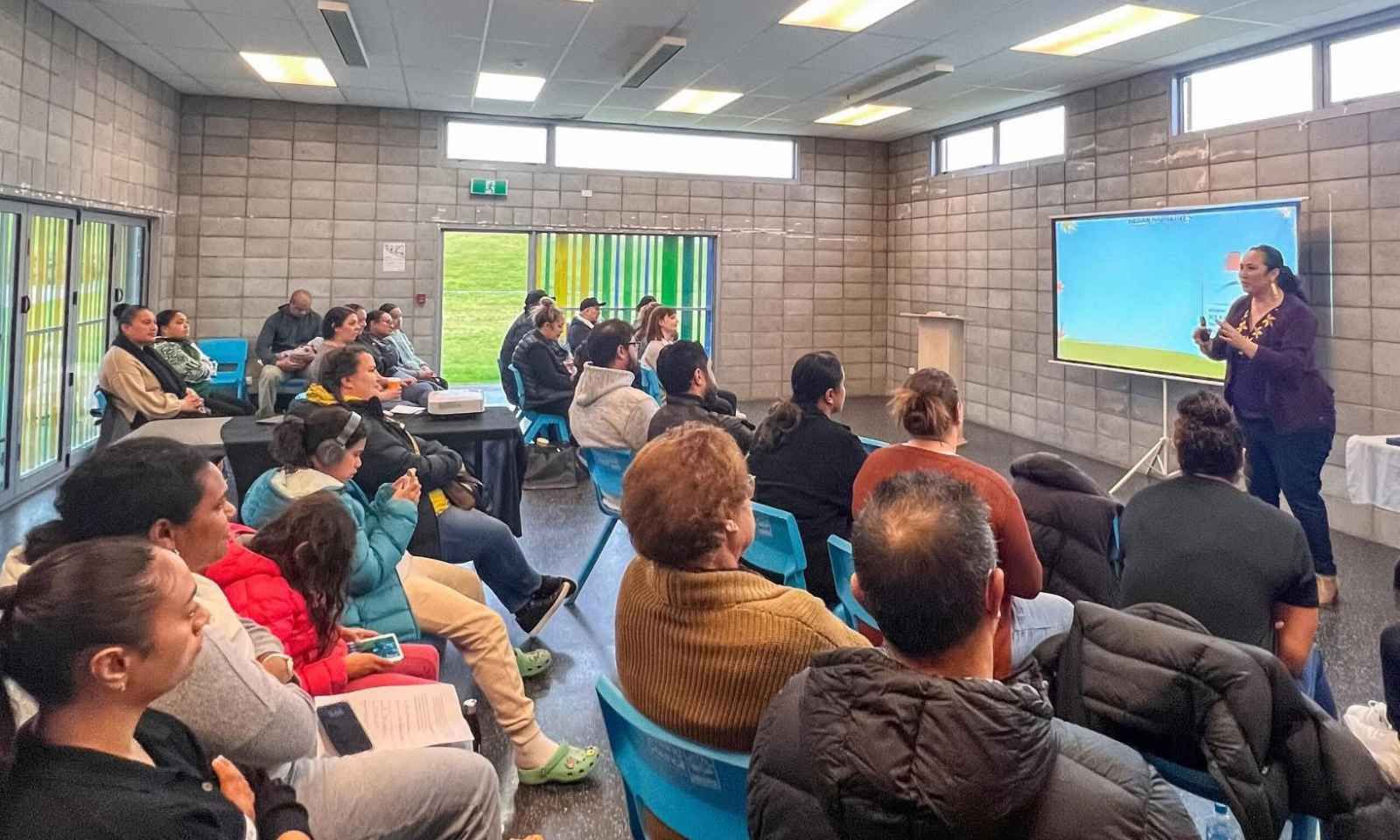
Dr Veukiso-Ulugia with Moana Connect team presenting to community on research. Photo/Moana Connect Facebook
Its aim is to normalise discussions about safety and relationships from an early age, promoting more open communication across generations.
Expanding the impact
The final phase of the project will evaluate the effectiveness of the toolkit and explore ways to scale it for broader use in Pacific communities across New Zealand.
This will include adapting the resources for different age groups and school settings.
“We’re adding strength to what our communities have been saying for decades—that these issues matter, and they need culturally meaningful solutions,” Veukiso-Ulugia said.
Beyond education, the study aims to influence broader societal conversations, especially regarding cultural expectations and taboos.
“Some of our families are grappling with big questions—like what safety looks like when kids visit relatives or use social media. These are important conversations that need to happen,” Veukiso-Ulugia said.
Vision for change
Veukiso-Ulugia hopes the study will empower Pacific families to break the cycle of silence surrounding child sexual abuse.
She also acknowledges the efforts of those already working to protect and nurture Pacific children.
“This work is tough, especially in today’s economic and political climate. But people are still doing it with love and heart, and that’s what makes all the difference.”
Watch the full interview here